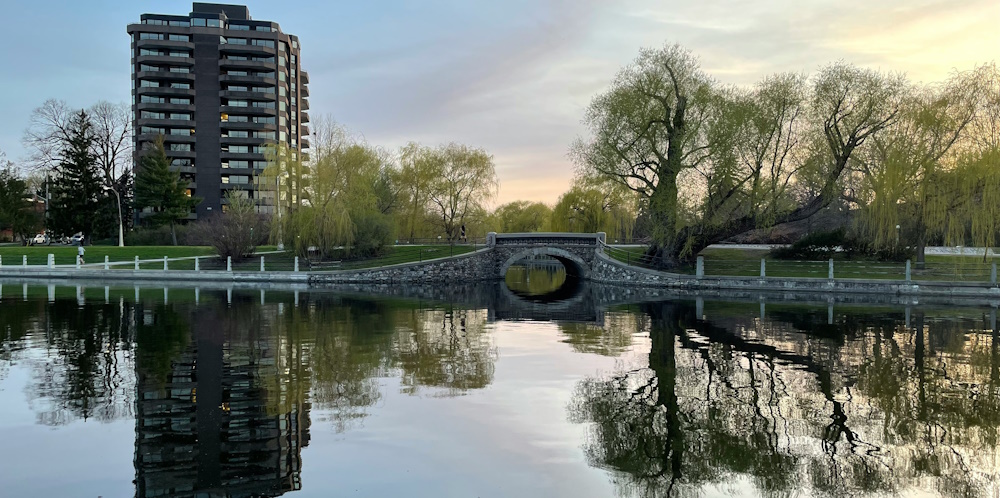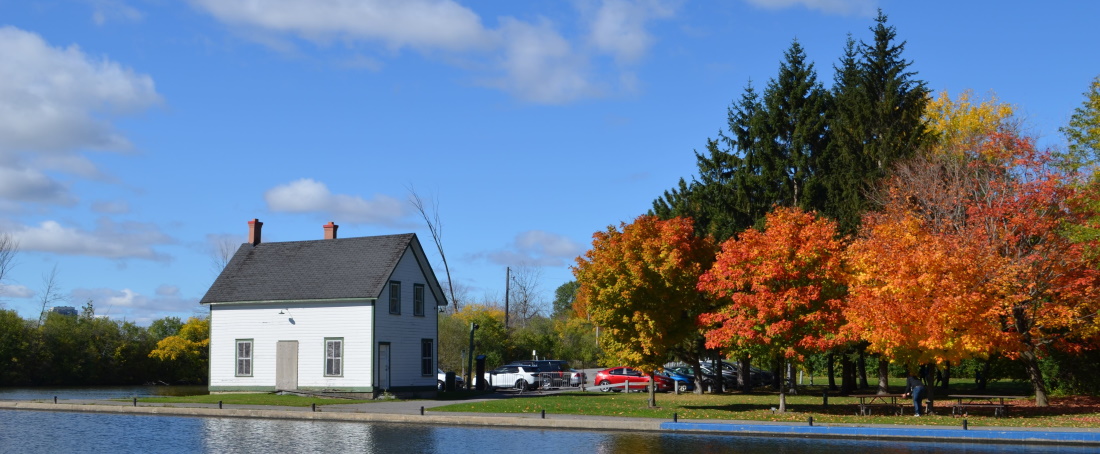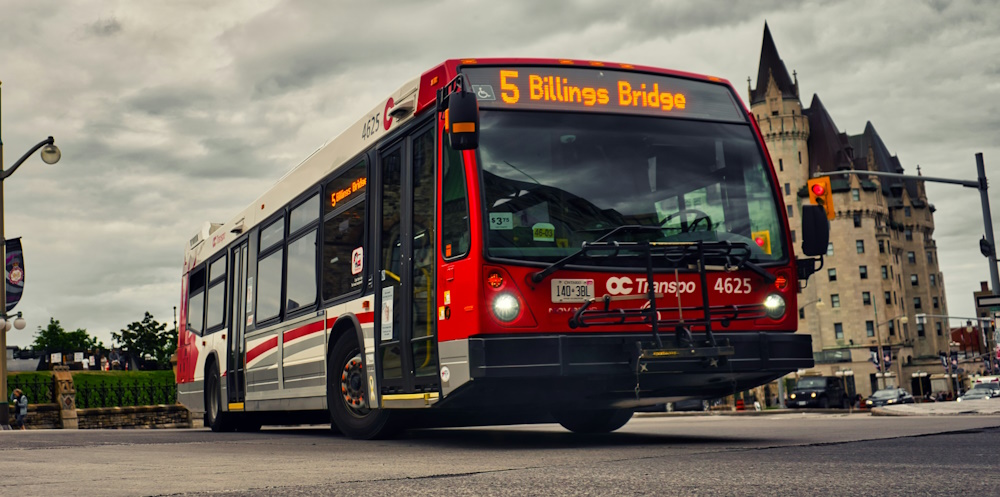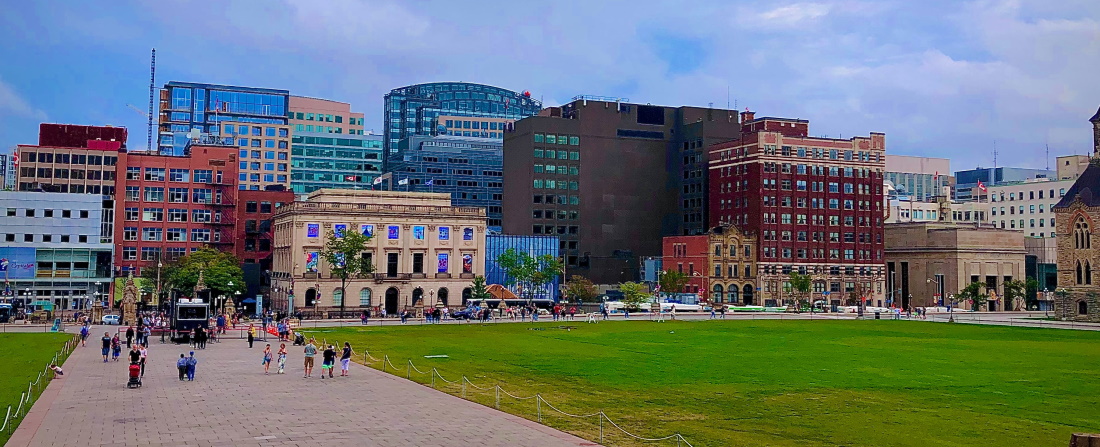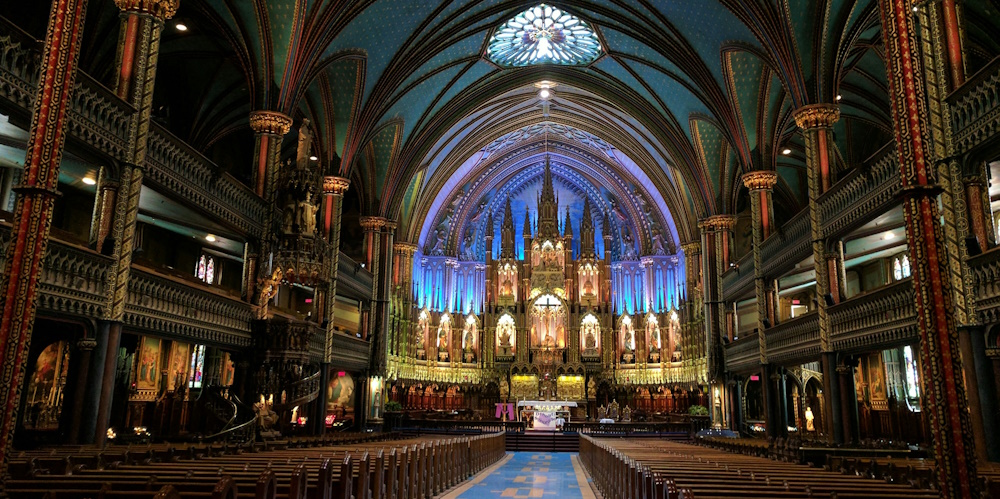Located in southeast Ontario at the nexus of three rivers, Ottawa is the Canadian capital and the country’s political and economic powerhouse. If you’re moving to Ottawa, you’ll appreciate that while the city is at the forefront of technological advances, it also prides itself on conserving its heritage and culture.
Living in Ottawa as an expat
A cosmopolitan and multicultural city with a welcoming environment, Ottawa attracts people from all over the world thanks to the abundance of employment and academic opportunities.
Living in Ottawa as an expat means joining a highly educated workforce – the city boasts more engineers and scientists per capita than any other Canadian city. The diverse job market spans several key sectors, including information technology, life sciences, cleantech, aerospace, defence, and security.
Finding accommodation in Ottawa
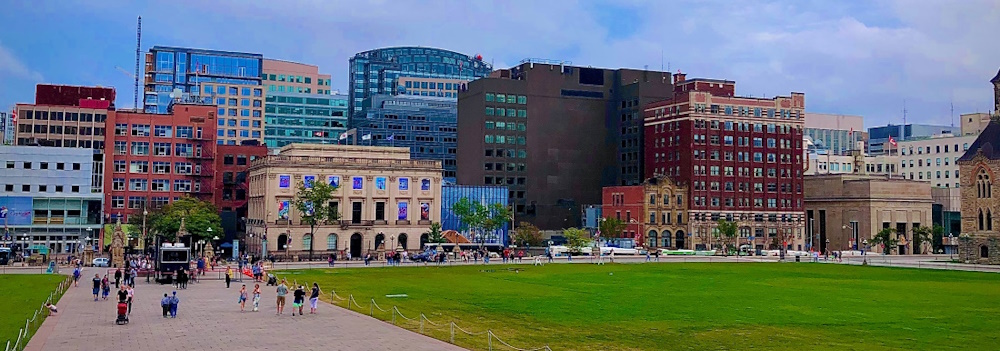
Finding accommodation in Ottawa is relatively straightforward, with plenty of options to suit different lifestyles. Whether you’re looking at hotels, bed and breakfasts, or apartments, the city offers a range of options.
Popular neighbourhoods include The Glebe, known for its lively atmosphere and proximity to downtown, and Westboro, which features trendy boutiques and cafés. ByWard Market is perfect if you’re looking for a cultural hub, while New Edinburgh is ideal for those seeking a mix of historic charm and family-friendly amenities.
Accommodation Options in Ottawa
Popular Neighbourhoods in Ottawa
Cost of living in Ottawa
The cost of living in Ottawa is relatively gentle compared to other major Canadian cities. Accommodation is affordable, and Ontario’s healthcare system covers most medical needs at no cost, helping you manage your overall expenses.
When it comes to utilities, costs are generally on par with other metropolitan areas in Canada, although seasonal factors like winter heating can increase expenses. The City of Ottawa also offers financial assistance programmes like Ontario Works to support newcomers and lower-income residents.
Cost of Living in Ottawa
Ottawa Healthcare and Ontario Insurance
Getting around Ottawa
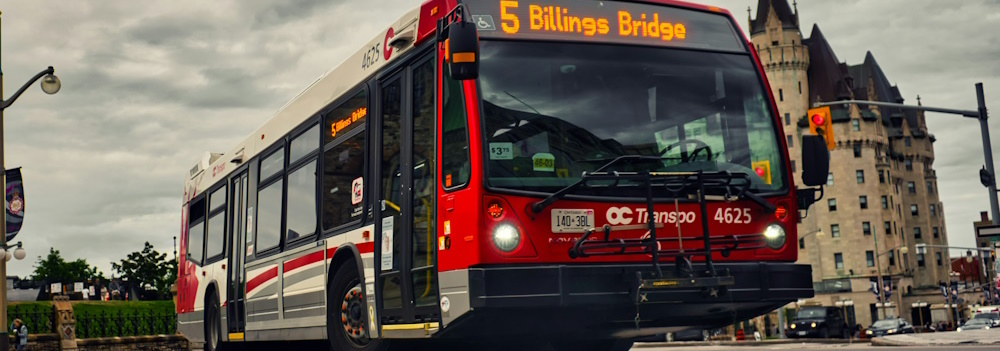
Ottawa's extensive public transport network and cycling and walking infrastructure make getting around the city easy. Although delays can sometimes occur during periods of heavy snowfall, Ottawa's public transport is largely reliable. OC Transpo makes operational adjustments during severe weather, such as replacing articulated buses with more resilient vehicles to maintain reliability.
Public Transport Network and Driving in Ottawa
Working in Ottawa
Working in Ottawa can be highly rewarding, but it’s also competitive, particularly in sectors like technology where many skilled professionals vie for the same roles. It’s best to secure a job before arriving, as figuring out the job market can be challenging without local knowledge.
Ottawa boasts one of the lowest unemployment rates among major Canadian cities, indicating a stable job market. Compared to other cities like Calgary, Ottawa sees fewer applicants per job posting in some sectors, which may work in your favour, depending on your field.
Lifestyle in Ottawa
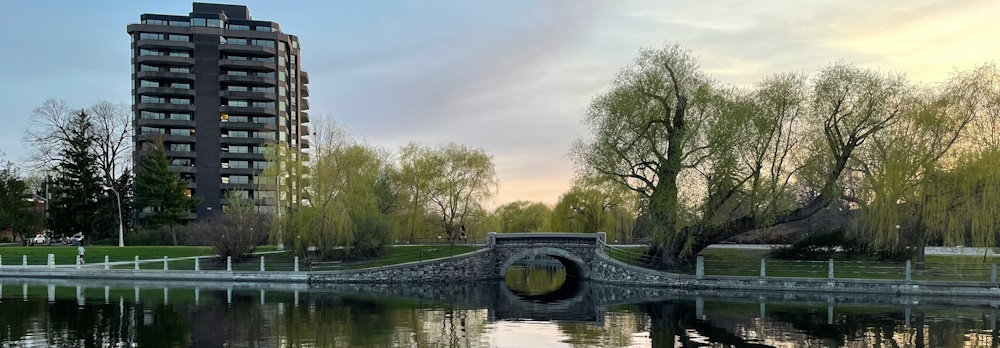
Ottawa is one of the world’s safest, greenest, and cleanest cities, making it ideal for raising a family. With protected forests, parks, and wetlands, you and your family can enjoy various outdoor activities. In spring and summer, you can hike, cycle, or boat along the Rideau Canal or explore the Greenbelt. Fall offers stunning views of autumn foliage in places like Gatineau Park. Come winter, skating on the Rideau Canal or tobogganing in the Greenbelt becomes a quintessential Ottawa experience.
The city also has plenty of museums, markets, and nature centres, so you’ll never run out of things to discover. Plus, Ottawa is brimming with exciting festivals, concerts, and parades throughout the year, ensuring there’s always something to keep you entertained. Events like Winterlude and the Canadian Tulip Festival are particularly popular among newcomers.
Ottawa offers a rich cultural scene. You’ll find strong Francophone and Indigenous influences woven into the fabric of the community. There is also an endless stream of things to see and do in Ottawa. ByWard Market is a particular favourite among young people due to its trendy bars, restaurants, and buzzing nightlife. The bold Gothic Revival architecture in the nearby Parliament Hill is also a must-see.
Shopping, Activities, and Things to See and Do in Ottawa
Living in Ottawa with children
If you’re relocating to Ottawa with children, you’ll find a range of affordable, high-quality, and bilingual public and private education options. The government funds public schools in Ottawa which follow the Ontario Ministry of Education curriculum. They are tuition-free for residents and assigned based on geographic catchment areas.
Conversely, private schools are independently funded and provide more specialised curricula and smaller class sizes, often tailored to specific religious or cultural communities.
Recreational activities for kids are abundant, from museums like the Canadian Museum of Nature to outdoor pursuits, ensuring your children have every opportunity to thrive. You can also participate in community events like Welcoming Ottawa Week, which fosters connections between newcomers and long-time residents.
Public, Private, and International Education in Ottawa
Climate in Ottawa
Ottawa’s climate is semi-continental, with warm, sunny summers and winters that bring heavy snowfall for up to 120 days of the year. The unpredictable nature of spring and autumn keeps things interesting, but locals are well-prepared for whatever the weather brings.
Preparing for winter involves dressing in layers – starting with moisture-wicking base layers, followed by insulation, and topped with waterproof outerwear. Investing in quality winter boots, gloves, and a reliable heating system at home will help you stay comfortable through the cold months.
Overall, moving to Ottawa means you’ll have access to a rich yet affordable quality of life thanks to the city’s welcoming community and the inclusive and extensive social benefits on offer.
